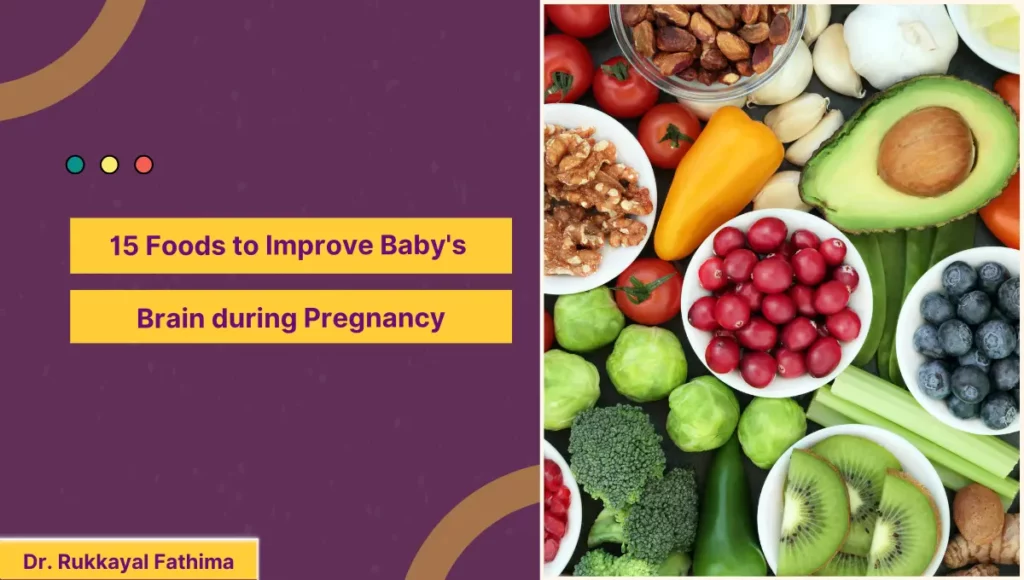Every parent wants their baby to be healthy and smart as they grow up. According to findings from recent studies, the mother’s diet during pregnancy can enhance the fetus’s brain development.
Not only will you thrive if you consume the appropriate amounts of nutrients, but so will your developing child. When the neural tube is formed, which typically occurs 28 days after conception, the beginning stages of brain development in the fetus can be observed.
Because a mother’s diet during pregnancy has such a significant influence on a baby’s brain development while it is still in the womb as well as on the cognitive responses of the child at a later stage in their life, the mother must consume an adequate amount of nutrients during this time.
Are you ready to find the Best Baby Brain Development Food During Pregnancy? Let’s dive into the 15 most important foods to consume while pregnant.
15 Foods to Improve Baby's Brain during Pregnancy
1. Spinach
Spinach, rich in iron and folate, is a food that can promote healthy brain development in fetuses. Folic acid in spinach is beneficial because it helps make babies smarter.
Folic acid is found in spinach. Additionally, omega-3 and omega-6 fatty acids can be found in spinach. According to studies, children’s cognitive abilities can be improved by consuming more iron and omega-3 fatty acids.

2. Bananas
Because it contains many folic acids, bananas are another one of the most important foods for foot-brain development during pregnancy.
3. Salmon
Eating fish high in choline, such as salmon and tuna, is also beneficial for developing a baby’s brain. Choline is found in abundance in fish. Omega-3 fatty acids can be found in fish in significant quantities as well.
According to recent studies, docosahexaenoic fatty acid (DHA), a form of omega-3 acid, is crucial for the neurodevelopment of an unborn child.
Additionally, DHA is accountable for the structural and functional development of the brain in the developing fetus. Only fish that has been properly cooked should be consumed by pregnant women.
4. Eggs
Having eggs in the body during pregnancy or breastfeeding helps improve brain development, which ultimately results in a more intelligent child. According to research, eggs may contain simple nutrients for the body to digest and utilize.
Eggs are an excellent source of choline, fatty acids, essential vitamins and minerals, and bioactive compounds, all of which contribute to the healthy development of a developing fetus’s brain and nervous system.
Pregnant women are allowed to consume up to two hard-boiled eggs daily.
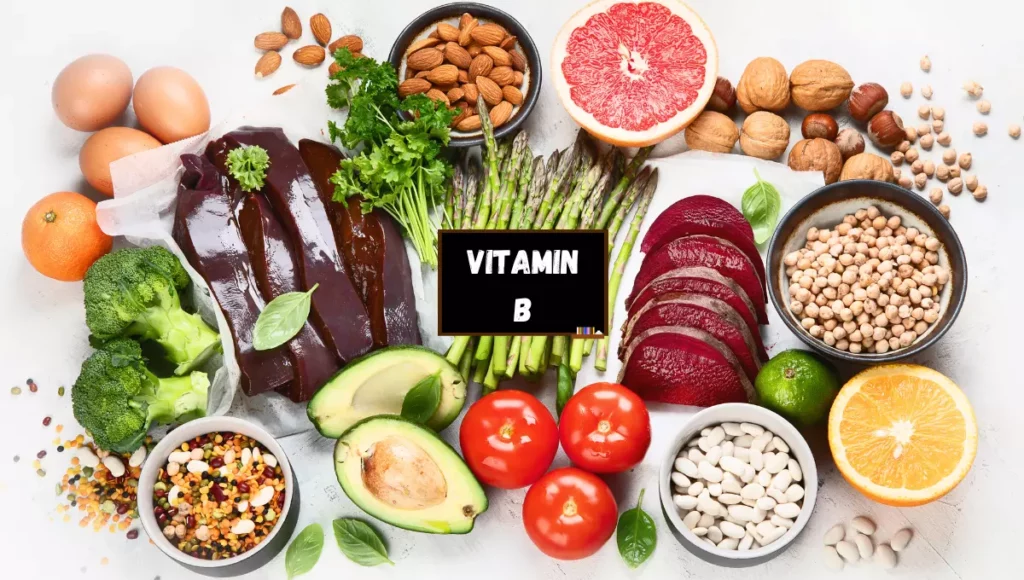
5. Lean Meat
Protein contains amino acids, which serve as the structural components of every cell in your body as well as in the body of your unborn child.
Because foods high in protein help stabilize blood sugar, eating them can also help you feel less hungry. Because of this, you should consume at least three servings of protein daily.
Lean meat is one of the healthiest foods to consume while pregnant.
In addition to being loaded with protein, it is also rich in iron, essential for assisting your baby in developing his supply of red blood cells and supporting both of yours. Additionally, iron plays a part in the development of a baby’s brain.
6. Dairy Products
During pregnancy, consuming various dairy products, including milk, yogurt, cheese, and others, is important.
According to research, milk and other dairy products have a high concentration of iodine and other protein sources essential for fetal brain development.
Milk also has choline, which has been shown to improve a child’s cognitive development. According to the findings of some studies, not getting enough iodine during pregnancy can harm the child’s developing brain.
Children at risk for neurological disorders include those born to mothers who lacked adequate iodine during their pregnancies.
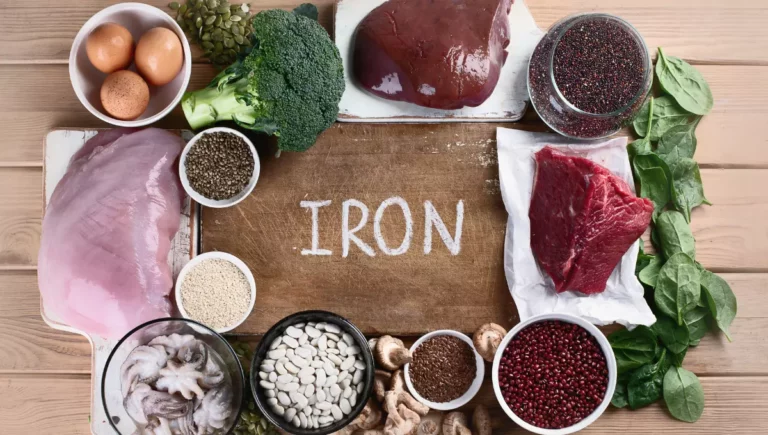
7. Nuts and Seeds
A snack high in protein and zinc can be found in foods such as nuts, seeds, and nut kinds of butter. Proper protein consumption is essential to maintaining a healthy brain and fostering the growth of long-term memory.
In addition, the brain continues to expand rapidly during the toddler years, making zinc an essential nutrient. Insufficient amounts of zinc may negatively impact your child’s cognitive development, impairing their memory and learning ability.
If you are concerned about your child choking on whole nuts or seeds, you should consider giving them peanut-flavored “puff” snacks or diluting a small amount of peanut butter with water. Be sure to choose peanut puffs made from real peanuts without artificial flavoring.
8. Salt
Iodine is an essential component for the production of triiodothyronine and thyroxine hormones by the thyroid in infants and women, and salt is an excellent source of this element.
Iodine is a mineral necessary for developing a baby’s cerebral cortex, hippocampus, cerebellum, and visual and auditory cortex.
Iodine obtained from the mother’s diet is beneficial to the development of the baby’s brain because the baby’s thyroid does not begin to develop until after the 20th week of pregnancy.
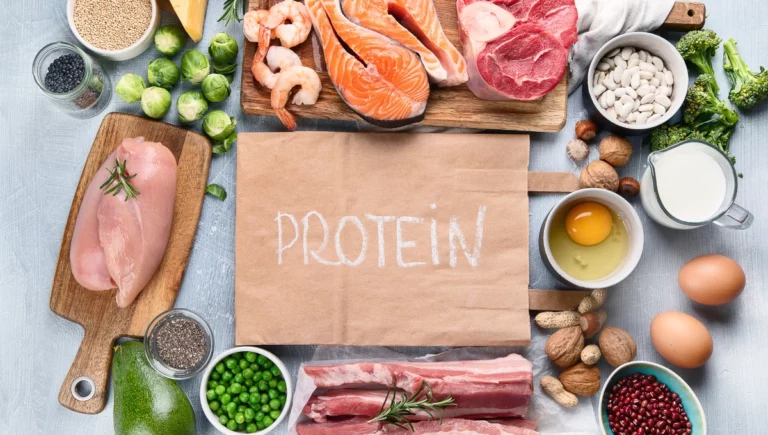
9. Legumes
In addition to beans, lentils, and other legumes, these foods have high iron content. Including legumes in your diet is smart because they are also an excellent source of proteins.
Even though other foods, such as raisins, can provide you with iron and protein, you should be careful not to consume too many of these foods because it could cause your blood sugar levels to spike.
10. Dark Chocolate
The consumption of dark chocolate during pregnancy benefits the fetus’s brain development because it contains high levels of iron, copper, magnesium, and zinc.
You can consume one to two pieces of dark chocolate daily. However, since dark chocolate contains caffeine, you should limit how much of it you eat while pregnant to protect the health of your unborn child.
11. Dried Fruits
Apricots and prunes, for instance, should only be consumed in small quantities because they have the potential to cause stomach upset and contain significantly less water than fresh fruits.
Prunes are beneficial to pregnant women in that they alleviate symptoms of nausea and fatigue. Both are rich in vitamin B complex, which is essential for the synthesis of neurochemicals and signaling molecules as well as the repair of DNA or RNA.
They contribute to the brain’s cellular membrane’s defense against damage.
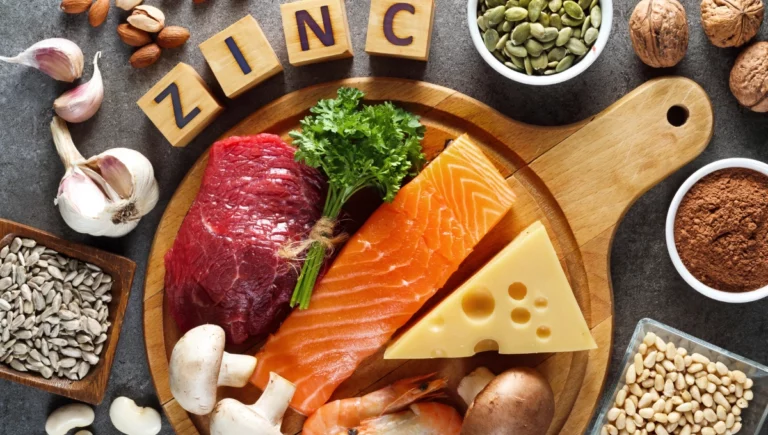
12. Blueberries
Berries such as strawberries, blueberries, and raspberries are regarded as “superfoods” due to the high levels of antioxidants and numerous other essential nutrients, such as folate and vitamin B6, that they contain.
As a consequence, they contribute positively to the maturation of the brain of the infant.
13. Avocadoes
Consuming this nutritious food while you are pregnant is another beneficial thing you can do for the mental growth of your unborn child. Avocados contain high amounts of both vitamin B and vitamin C.
In addition, they contain necessary nutrients such as iron, magnesium, and folate in their composition.
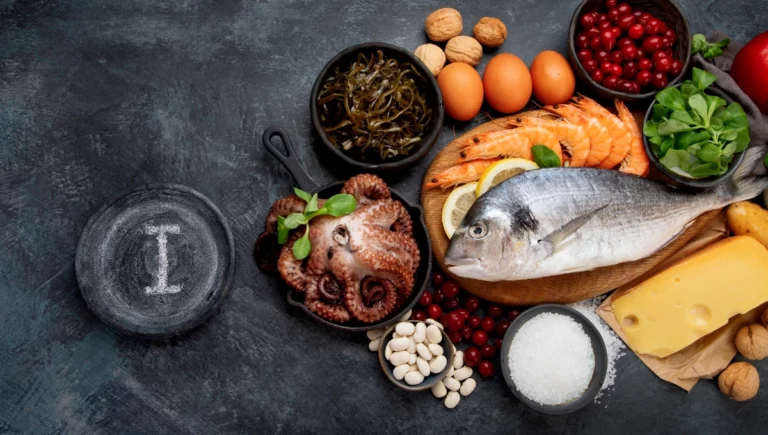
14. Whole Grains
Whole-grain foods like oats, brown rice, and whole wheat are loaded with beneficial nutrients like protein, iron, and vitamin B6, essential for proper brain development.
15. Oranges
Getting enough of certain minerals and vitamins during pregnancy, such as selenium, copper, and magnesium, is critical.
According to various research findings, a deficiency of these minerals in the body at any point during pregnancy can be detrimental to the development of the fetus.
According to several studies, insufficient amounts of vitamin C in one’s diet can harm one’s mental performance. Oranges, which contain a high concentration of vitamin C, benefit your child’s mental growth.
Other activities for baby’s brain development
Talking and Reading to Baby
When pregnant women were given a recording to play towards the end of their pregnancy that included a made-up word, the babies could recognize the word and its variations after they were born.
This was accomplished by giving the women a recording that included the word and giving it to them to play towards the end of their pregnancy.
The babies who heard the recording the most often had the strongest response, suggesting that babies start learning the language while still in the womb.
However, it is essential to remember that even though talking aloud to a baby can aid in developing early word recognition, there is no evidence to suggest that this increases a baby’s intelligence in the long run.
Another good reason to talk to your baby out loud! A baby can recognize voices even within the first two months of their life, particularly those of their parents.
When a baby hears its mother’s voice, it feels safe and at ease. Reading to a child helps strengthen the bond between parent and child because infants can identify the voices they were exposed to while still in the womb.

Get plenty of exercise.
Working out benefits your body on multiple levels, including the physical and the mental. When you exercise, endorphins are released into your body, improving your mood and overall well-being.
Endorphins also help prevent the shrinking of the brain and enhance cognitive brain function. These benefits are transferred to your child when you engage in physical activity while you are pregnant.
You only need to exercise for about 30 minutes at moderate intensity three to five times per week to reap the benefits of exercise for both you and your partner.


Avoid Toxins
Toxins are never healthy for anyone but are especially dangerous for a developing fragile infant. Even though your placenta will be able to assist in the removal of harmful toxins, it can only do so much.
The good news is that it is relatively simple to avoid exposure to levels of toxins that will harm the development of your child’s brain.
Keep a safe distance from any cleaning supplies for an extended period.
Make sure that lead-free paint has been used to paint your home.
Reduce your exposure to the air pollutants caused by traffic.
Create a home environment that is safe and healthy for the baby overall.
Play Music

We’ve all heard the urban legend playing classical music to babies while their mothers are pregnant causes them to grow up to be the next Albert Einstein, but is this urban legend true?
Playing music for your baby may not increase their intelligence, but it will help them learn new sounds and tones and produce a calming effect.
Manage your stress
Be wary of stress, as it carries the potential to adversely affect both the intellectual and emotional development of the baby.
It is important to be aware that when a mother is experiencing high levels of stress, her body produces an excess of hormones, which can harm her child’s development.
Yoga and other simple forms of relaxation, such as going for a walk, are both excellent ideas that are sure to be successful in relieving stress.
Any constructive activity, such as reading books or exploring your creative options, can help you keep your mind off stressful thoughts and pave the way for feeling-good hormones.

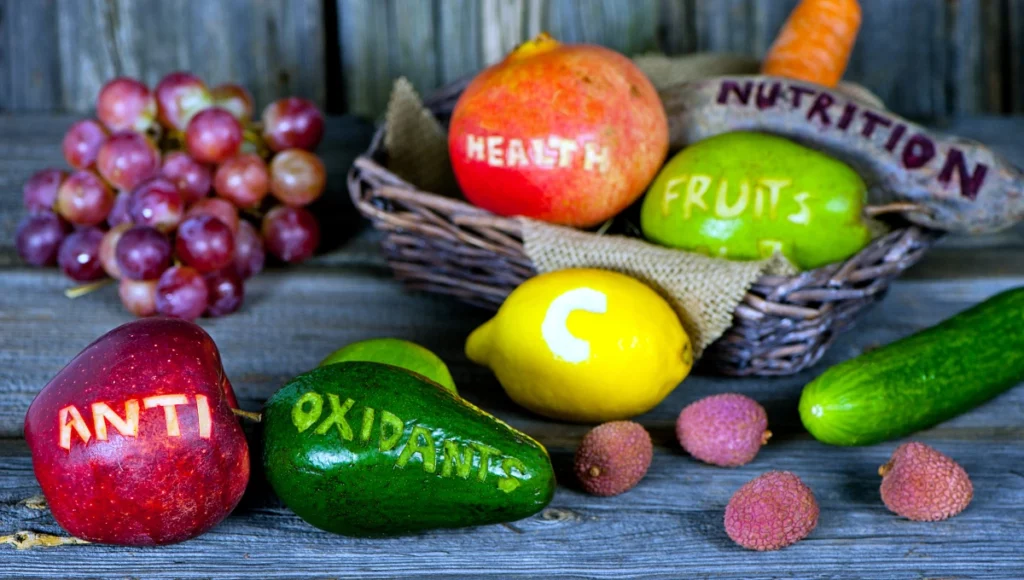
Give up alcohol and smoking.
Even though heavy alcohol consumption during pregnancy is associated with fetal alcohol syndrome, even moderate amounts of beer, wine, or spirits can cause damage to a developing baby’s brain.
Even occasional drinking can hurt a person’s ability to learn, pay attention, remember things, and interact appropriately with others.
The developing brain of an unborn child is also susceptible to damage when the mother smokes during pregnancy.
Also, smoking increases the risk of premature birth, which raises the possibility of health issues like cerebral palsy and developmental impairments. Premature birth is associated with an increased risk of smoking.
Conclusion
We hope that by reading 15 best Baby Brain Development Food During Pregnancy, you will better understand how to facilitate the healthy development of your child’s brain while you are pregnant.
If you want to get the most out of life, the single most important thing you can do is lead a healthy lifestyle. Fertility doctor about your concerns about your health or your levels of prenatal stress to find out what steps you can take right now to improve your situation.
It is also a good idea to bring your partner up to speed on this information so that they will know how to support you throughout your pregnancy.

